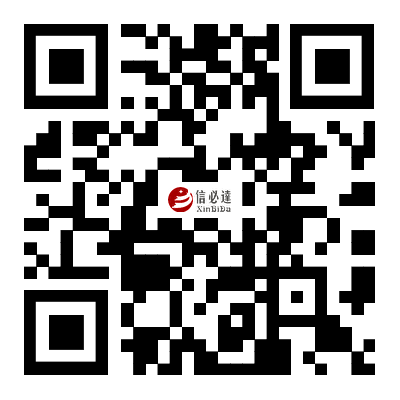Understanding PU Tape: A Versatile Solution for Your Adhesive Needs
2025-06-08 09:20
Polyurethane (PU) tape is a remarkable adhesive solution that has gained significant traction in various industrial applications, particularly in the light industry sector, which includes products like labels, tapes, and adhesive materials. Known for its exceptional durability and versatility, PU tape offers a wide range of benefits that make it a preferred choice for many professionals.
One of the defining characteristics of PU tape is its outstanding resistance to wear and tear, making it ideal for use in environments where mechanical stress and abrasion are common. Its elastic properties allow it to stretch without losing its adhesive qualities, which is crucial in applications requiring flexibility. This is particularly important in industries where materials are subject to movement or vibration, such as automotive or manufacturing sectors.
Another noteworthy feature of PU tape is its excellent adhesion to a variety of surfaces, including metals, plastics, and composites. This quality makes it a valuable asset for applications ranging from mounting and joining components to sealing and protecting surfaces. In the realm of industrial tapes, PU tape stands out due to its ability to perform reliably in diverse conditions, including high humidity or fluctuating temperatures.
Furthermore, PU tape exhibits chemical resistance, meaning it can withstand exposure to oils, solvents, and other harsh chemicals without degrading. This property is essential for industries that require long-lasting and dependable adhesive solutions, ensuring that the integrity of the bond remains intact even in challenging environments.
In addition to its technical attributes, PU tape is also relatively easy to apply. The tape can be converted into various forms, including rolls, sheets, or custom die-cuts, allowing for flexibility in design and application. This adaptability makes it a go-to choice for product developers looking to streamline their production processes while maintaining high standards of quality.
As sustainability becomes increasingly important in the industrial sector, PU tape manufacturers are also exploring eco-friendly alternatives and production methods. This trend aligns with the growing demand for sustainable materials, making PU tape not only a practical choice but also an environmentally responsible one.
In conclusion, PU tape emerges as a multifaceted adhesive solution that meets the demands of modern industrial applications. Its strength, flexibility, and resistance to environmental factors make it an invaluable tool for professionals in the light industry, especially in the fields of labels, tapes, and adhesive products. By understanding the properties and potential uses of PU tape, businesses can enhance their operational efficiency and product reliability.
One of the defining characteristics of PU tape is its outstanding resistance to wear and tear, making it ideal for use in environments where mechanical stress and abrasion are common. Its elastic properties allow it to stretch without losing its adhesive qualities, which is crucial in applications requiring flexibility. This is particularly important in industries where materials are subject to movement or vibration, such as automotive or manufacturing sectors.
Another noteworthy feature of PU tape is its excellent adhesion to a variety of surfaces, including metals, plastics, and composites. This quality makes it a valuable asset for applications ranging from mounting and joining components to sealing and protecting surfaces. In the realm of industrial tapes, PU tape stands out due to its ability to perform reliably in diverse conditions, including high humidity or fluctuating temperatures.
Furthermore, PU tape exhibits chemical resistance, meaning it can withstand exposure to oils, solvents, and other harsh chemicals without degrading. This property is essential for industries that require long-lasting and dependable adhesive solutions, ensuring that the integrity of the bond remains intact even in challenging environments.
In addition to its technical attributes, PU tape is also relatively easy to apply. The tape can be converted into various forms, including rolls, sheets, or custom die-cuts, allowing for flexibility in design and application. This adaptability makes it a go-to choice for product developers looking to streamline their production processes while maintaining high standards of quality.
As sustainability becomes increasingly important in the industrial sector, PU tape manufacturers are also exploring eco-friendly alternatives and production methods. This trend aligns with the growing demand for sustainable materials, making PU tape not only a practical choice but also an environmentally responsible one.
In conclusion, PU tape emerges as a multifaceted adhesive solution that meets the demands of modern industrial applications. Its strength, flexibility, and resistance to environmental factors make it an invaluable tool for professionals in the light industry, especially in the fields of labels, tapes, and adhesive products. By understanding the properties and potential uses of PU tape, businesses can enhance their operational efficiency and product reliability.
Related News

Mobile:+86-18928601337General Liao
Telephone:+86-750-8739277
Mailbox:xbd@xinbida.cn
Address: No. 237, Longkou Avenue, Longkou Town, Heshan City

WEB

